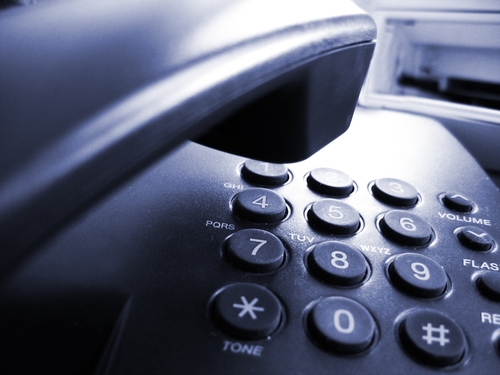Three-quarters of NHS 111 referrals to A&E are unnecessary

Three-quarters of patients who were sent to A&E by NHS 111 call handlers could have been seen and treated in a non-emergency urgent care setting if GPs had been undertaking the triage, a new study has revealed.
In research published in BMJ Open, GPs reviewed 1,474 cases where lay 111 call handlers had sent patients to A&E, and found that triage carried out by a GP would have resulted in only 400 patients being directed to A&E.
Around 45% of patients directed to A&E by call handlers could have been seen in out-of-hours or a minor injuries unit, while 28% would have been advised to self-manage or use a non-urgent service like pharmacist advice.
NHS England agreed that the findings showed the benefits of GPs having a leading roll in triage, but said further investment in primary care was needed to enable this as the current GP workforce was insufficient.
The study did not measure the actual clinical outcomes of patients, the eventual action patients took, or the cost effectiveness of each outcome.
But the authors estimate there could be a cost saving for commissioners of £11,112 if GPs were employed in the call centres, comparing savings made for A&E with GP salary costs.
NHS 111 relies on lay-call handlers triaging patients using the NHS Pathways algorithm to determine where a patient should be sent.
But last winter NHS England piloted an enhanced service where GPs were in call-centres to offer clinical input.
The authors state it is ‘ironic’ that urgent care call triage is increasingly run by those with the least clinical experience.
The study states: ‘It seems ironical that at a time when out-of-hours primary care services have progressively moved to less skilled people handling calls (from doctors to nurses to call handlers), hospitals have done the reverse.’
The authors say they are not arguing for all calls to be taken by GPs, but further research into the cost effectiveness of telephone triage methods. They add: ‘NHS 111 will inevitably request a higher level of care than may be necessary in order to operate safely. The study suggests that there could be substantial benefits, and possible cost reductions, by engaging experienced GPs in out-of-hours triage decisions within NHS 111.’
NHS 111, which had a calamitous launch in 2013, has struggled to win support from GPs who feel disproportionately burdened by it and the GPC called for an ‘urgent analysis’ of its impact on the rest of the NHS earlier this year.
They also blasted Jeremy Hunt for ‘cloud cuckoo land’ suggestions that lay call handlers should be able to use their own judgement more.
And in surveys of the profession Pulse has found similar patterns of inappropriate referrals, with GPs saying they felt three-quarters of patients were sent to general practice inappropriately – in one case a patient was sent with suspected Ebola after a holiday to Barbados.
An NHS England spokesperson said: ’Only around 8% of calls to NHS 111 result in advice to attend A&E….Despite increases in demand from the public for the 111 service, the proportion of referrals to emergency services remains steady.
’This study suggests that if more GPs were available it might be possible to reduce pressure on A&E, which is why we need to invest in primary care, not just A&E departments themselves.’
Dr Charlotte Jones, BMA lead on NHS 111 said: “These findings vindicate the BMA’s view that an effective GP lead triage system should have been a central part of NHS 111’s operation from the outset.’
’We made this point very clear to the then secretary of state Andrew Lansley before NHS 111 was launched and were promptly ignored. NHS 111 had a disastrous start and while improvements are continuing to be made, we are still a long way from it being able to fulfil the job it was originally set up to do. The BMA’s GP committee looks forward to working with NHS England and others in the coming months in fixing the unscheduled care system.’
Pulse July survey
Take our July 2025 survey to potentially win £1.000 worth of tokens











